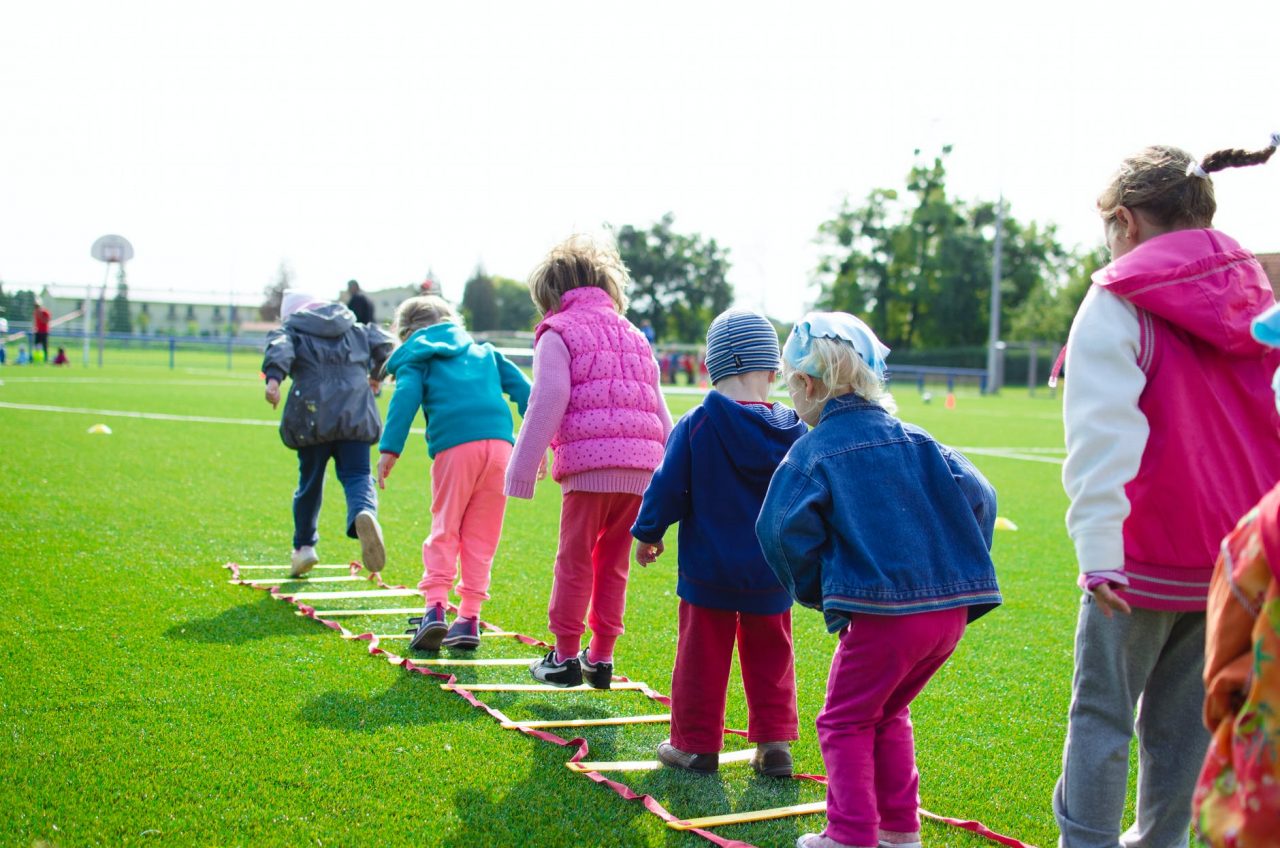While hearing loss is often associated with an older demographic, it can affect people of all ages. Identifying childhood hearing loss early is crucial, as hearing is key in the development of speech and language skills. Understanding what signs to look out for can help children get the help they need quickly.
Signs of Hearing Loss

The Early Hearing Detection and Intervention (EHDI) program was passed in 2000 and requires all children to receive:
- Initial screening for hearing loss at birth
- Audiological diagnostic evaluation to confirm hearing loss
- Early intervention services to enhance development
This means that all children born in the United States receive a newborn hearing screening before they leave the hospital. While this helps to catch most children born with hearing loss, others may develop hearing loss as they age.
Speech & Hearing Milestones
In order to identify hearing loss as early as possible, it is important to note if your child does not meet any of the following speech and hearing milestones:
Birth to Four Months
- Startle at loud sounds
- Wake up or stir at sudden noises
- Respond to your voice by smiling or cooing
- Calm down at a familiar voice
Four to Nine Months
- Smile when spoken to
- Notice toys that make sounds
- Turn their head toward familiar sounds
- Make babbling noises
Nine to Fifteen Months
- Repeat some simple sounds
- Understand basic requests
- Use their voice to get your attention
- Respond to name
Fifteen to Twenty-Four Months
- Use many simple words
- Point to body parts when asked
- Name common objects
- Follow basic commands
Toddler & School-Age Children
Unlike younger children who have set milestones they need to hit in order to confirm they are developing correctly, identifying hearing loss in older children can be more challenging. Administrators from the Prescott School District and other area schools will recommend parents keep an eye out for these common signs of hearing loss in school-age children:
- Responding incorrectly/inappropriately to questions
- Turning the TV up too high or sitting closer in order to hear
- Saying “what?” or “huh?” many times a day
- Doing poorly in school when they were not having trouble before
To learn more about identifying pediatric hearing loss or to schedule an appointment for your child to have their hearing tested, contact Prescott ENT today.
